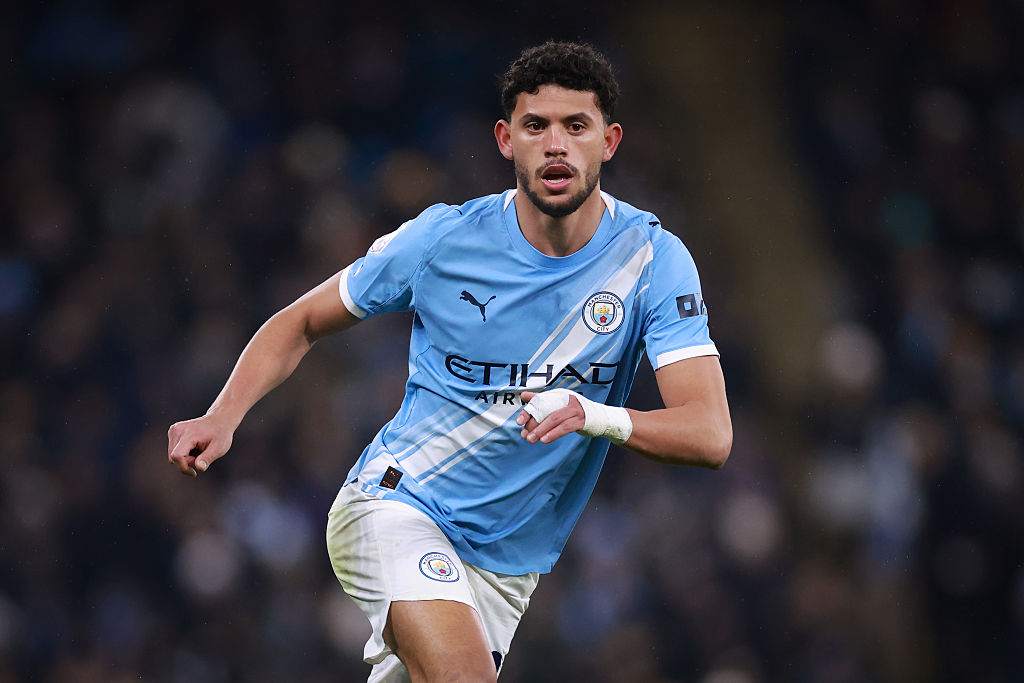Calcio’s Venetian tragedy
You will be relieved to hear that Didier Drogba is not castigated or lauded in this blog which contains no jokes about the synthetic Brezhnevian quality of Gordon BrownâÂÂs smile and has nothing to say about Ledley KingâÂÂs nightlife.
Seeking some solace from the hysteria surrounding events at Stamford Bridge last week, my thoughts turned to poor SSC Venezia, a club sinking almost as fast as the city it calls home.
I should probably explain why.
In my eyes, you either support a big club (Manchester United, Liverpool, Real Madrid) or you donâÂÂt.
And if you donâÂÂt â I write as someone whose football allegiances have been hopelessly split between Leicester City and Nuneaton Town (nee Borough) since the 1960s â you tend to instinctively sympathise with the gameâÂÂs other fringe outfits. Teams like SSC Venezia, aka the Leoni Alati (Winged Lions).
You can tell a lot about a club by scanning the âÂÂnotable playersâ on their Wikipedia page. On VeneziaâÂÂs, five names stand out for different reasons: Can Bartu, Maurizio Ganz, Nil Lamptey, Andrea Silenzi, Christian Vieri.
Seasoned goal-getter: Maurizio Ganz
The best features, fun and footballing quizzes, straight to your inbox every week.
Bartu, a Turkish striker, is best known for scoring for FenerbahceâÂÂs football and basketball teams on the same day in January 1957.
Lamptey was one of many âÂÂnew Pelesâ who spurned greatness. Silenzi, signed by Nottingham Forest in 1996/97 had done enough, after 10 games, to be officially named the worst foreign player ever bought for the Premiership.
Vieri played 29 games for Venezia in the mid-1980s on his road to infamy. Maurizio Ganz was a âÂÂhave boots will travelâ striker whose impressive haul of 204 goals in 469 games at 14 clubs included eight for Venezia while on loan.
I remember Ganz well because, on my first trip to Venice in 2000, we bought my five-year-old son a Venezia brown, green and orange shirt â yep, very much like a humbug â with GanzâÂÂs name on it.
As my son played one afternoon in Campo San Stefano, young Venetian men waved their arms in ironic homage. Ganz had scored twice that afternoon for Venezia, then still in Serie A but already destined for relegation.
ItâÂÂs odd the ties that bind us to clubs we have no business supporting.
From then on I have followed Venezia, albeit largely over the internet and, alas, this Easter, just missed them taking on the not so mighty Pergocrema in Serie C1. (The Winged Lions won 1-0).
Their ground is the only stadium in Italy that away supporters must take a boat to and run the (increasingly slight) risk of pirate attacks from home supporters. Just take the No.41 vaporetto to Saint Elena or, if youâÂÂre really flush, a motoscafi.
Unlike Leicester, who have choked in four finals, the Winged Lions have won the cup.
They enjoyed a brief heyday (winning the Coppa Italia and coming third in Serie A) in World War II and were recently run by Maurizio Zamparini who, incensed by council shilly-shallying over a new stadium, bought a new club (Palermo) and took the best players with him.
The Venezia side that shone briefly in the 1940s contained such greats as Valentino Mazzola and Enzo Loik who joined Il Grande Torino and died in the Superga crash in May 1949.
To lose one strong side is unlucky, but to lose another â in the Zamparini affair â is careless. Venezia lost its bearings in the 1940s and has never steered itself back on course.
In 1940/41, Mazzola and Loik both scored as the Winged Lions beat Roma, after a replay, to lift the Coppa Italia. In 1942/43, Venezia reached their second cup final in three years but lost 4-0 to a Torino side that included Loik and Mazzola (who scored against his old team.)
Walk around Venice today and you very rarely see the black shirt, trimmed with orange and green that is VeneziaâÂÂs new home kit.
Even the kids I spotted kicking a football against a church wall in Campo Santa Margherita one sunny evening werenâÂÂt wearing Venezia shirts. There is a backstreets supporters club in Castello where 111 mostly old men gather to drink cheap red wine and bemoan the old days.
Venezia's Stadio Pierluigi Penzo
Ominously, on the island of Guidecca, I spotted a reasonably spruce café/club for Milan supporters.
With so much else going on â canals, 20 million tourists a year, magnificent buildings â it is easy to see why Venice might not care about football. But that wasnâÂÂt always so.
In the 18th century, as the painter Jan van Groevenbroeck famously recorded, calcio was the sport of local noblemen. A forced merger with the mainlanders of Mestre in 1987 didnâÂÂt help the clubâÂÂs standing in Venice.
And, in recent years, this most romantic, yet ruthless city may just not want to be associated with a team that is near the bottom of Serie C1A.
Yet if Venice is to be more than a living heritage museum, a proper football team, bankrolled by a Venetian Silvio Berlusconi, could give its communal life some vitality. The post-match pub crawl along the Via Garibaldi was one of the finest in European football.
As the 60th anniversary of Superga nears, the homage paid to those fallen heroes will be bitter sweet for Venezia fans who will also mourn the break-up of a team that could have changed their history.
---------------------------------------------------
FourFourTwo.com: More to read...
More Professor Champions League blogs
Blogs Home
Champions League News
News Home
 Join The Club
Join The Club





